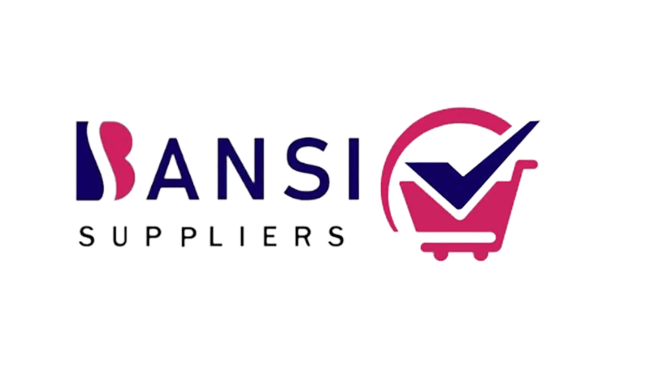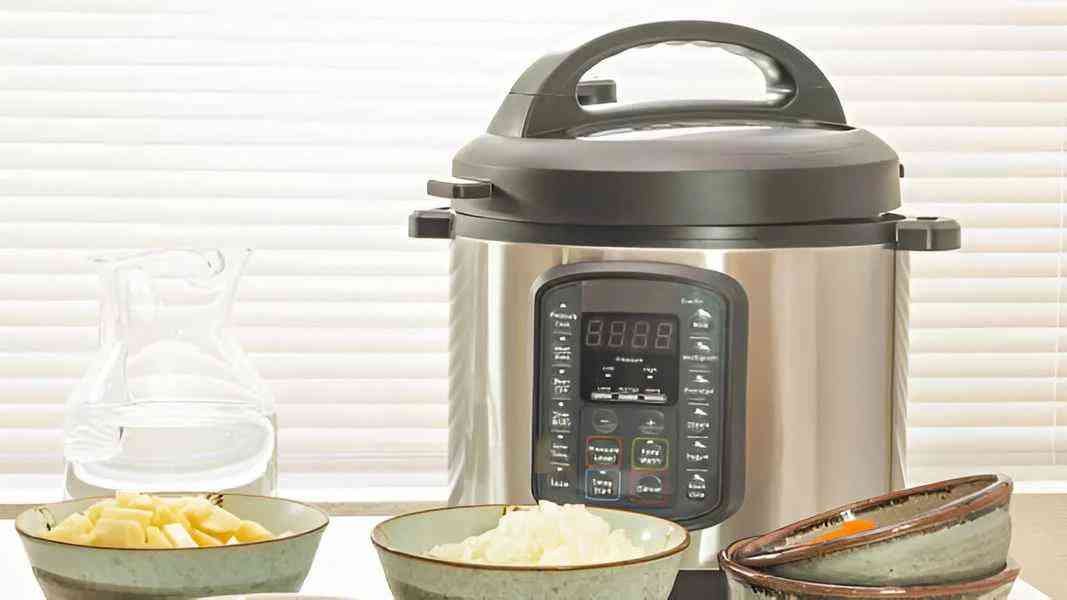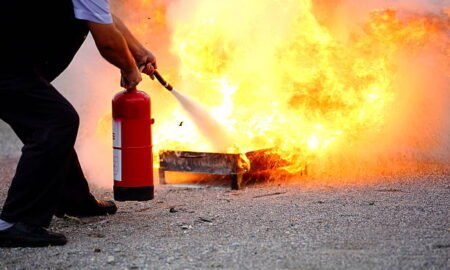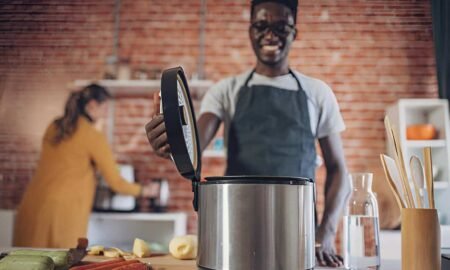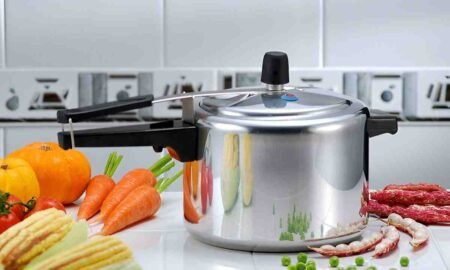Can Pressure Cookers Explode?
Can Pressure Cookers Explode? Here’s What You Need to Know
Yes, pressure cookers can explode, but it is preventable with proper usage and maintenance. In fact, the pressure cooker is designed to cook food fast using steam at very high pressure, hence turning them into handy utensils for use in the kitchen. But they do get dangerous when not used or taken care of properly. Here is how you can safely use your pressure cooker and avoid potential accidents:
Why Do Pressure Cookers Explode?
Pressure cookers work by building steam pressure and increasing the temperature inside the tightly sealed pot. If this pressure is not released appropriately because of some malfunctioning parts or improper use, it may further lead to an explosion. Some of the common reasons for this include:
- Blocked steam valves: Foods that are more frothy in nature, like beans or lentils, block the steam release.
- Damaged seals or gaskets: Worn-out rubber gaskets compromise the seal and allow pressure to leak out.
- Overfilling: too much food or liquid can block vents and create pressure.
- Manufacturer Instruction: Following improper manufacturer instructions, such as using incorrect accessories or exceeding recommended pressure can be very hazardous
Buy pressure cookers Here at Bansi Suppliers
Tips to Prevent Pressure Cooker Explosions
1. Regularly Inspect Your Pressure Cooker
- Take a good look at the rubber gasket for cracks, dryness, or debris. If it is worn out, replace it.
- Verify steam valves and pressure vents for blockages.
- Inspect the lid and pot body for any dents or damage that might impact on the sealing capability of the cooker.
2. Avoid Overfilling
- Never fill more than two-thirds of the pressure cooker with food. For foods that are to expand or foam, such as rice or beans, only reach the halfway mark.
- Overfilling could block steam vents and create excess pressure buildup.
3. Use Enough Liquid
- Pressure cookers depend on steam to create pressure, so always use the least amount of liquid described in the user manual.
- Generally, this is a minimum of one cup of water or broth. Never do dry cooking except if your pressure cooker is specifically designed for it.
4. Be Cautious with Certain Foods
- Certain foods like beans, lentils, or pasta will generate foam or froth while cooking.
- To prevent scorching, pre-soak and -wash beans before cooking; add cooking oil or a defoamer accordingly.
5. Never Leave It Unattended
- Stick around when a pressure cooker is operating, especially when cooking food that can easily cause excessive foaming.
- Listen to or watch the cooker, as it may fail and release too much steam or make other strange noises.
Additional Safety Precautions
- Use the pressure release valve correctly: Check your cooker’s manual for the proper way to safely release pressure after cooking. Quick pressure release methods can result in hot steam being forcefully expelled.
- Replace worn-out parts: Most manufacturers offer replacement parts such as gaskets and valves. Keeping these in good condition is important for safe operation.
- Follow the manufacturer’s instructions: Each pressure cooker has its own set of instructions. Read the manual to learn about its specific features and limitations.
What to Do If Something Goes Wrong?
If you find anything unusual, such as steam leaking out from unexpected places or a stuck lid, immediately remove the heat and let it cool down completely before you touch it. Trying to open a pressure cooker under pressure can be very dangerous.
Conclusion
However, pressure cookers are also quite efficient and very safe, but only if maintained regularly and handled with care. By following these tips, you will enjoy its benefits without explosions. Be vigilant; cook with confidence!
